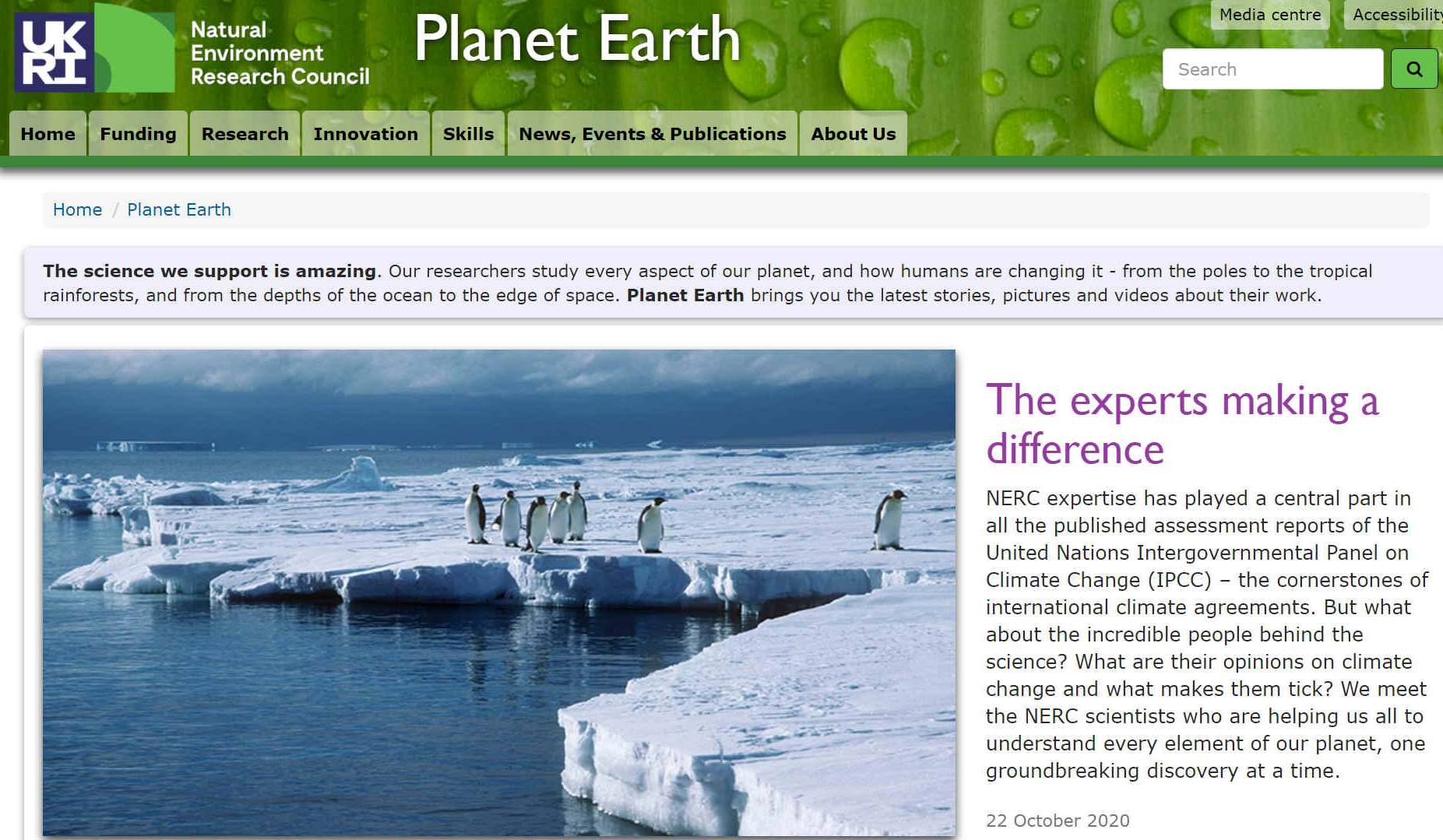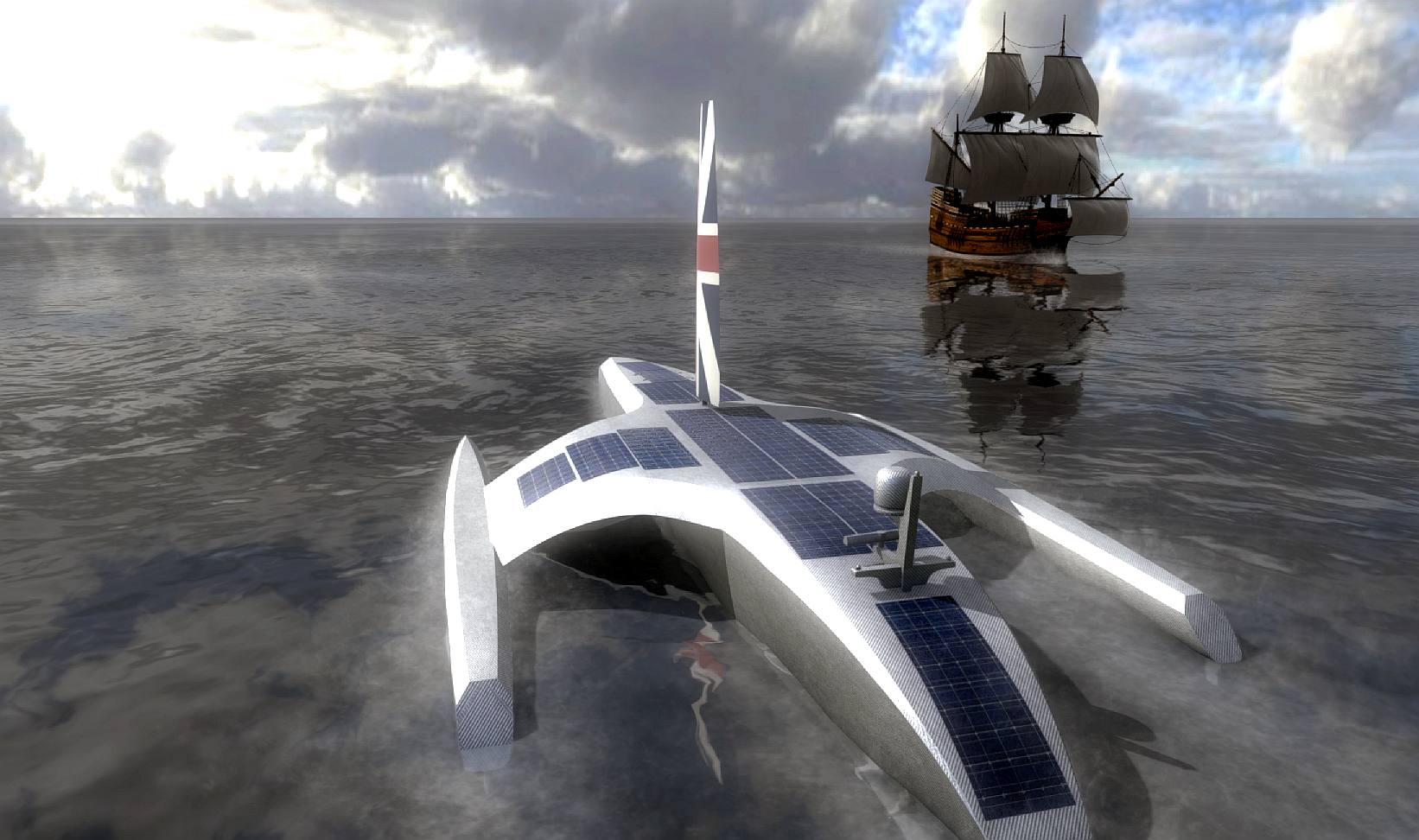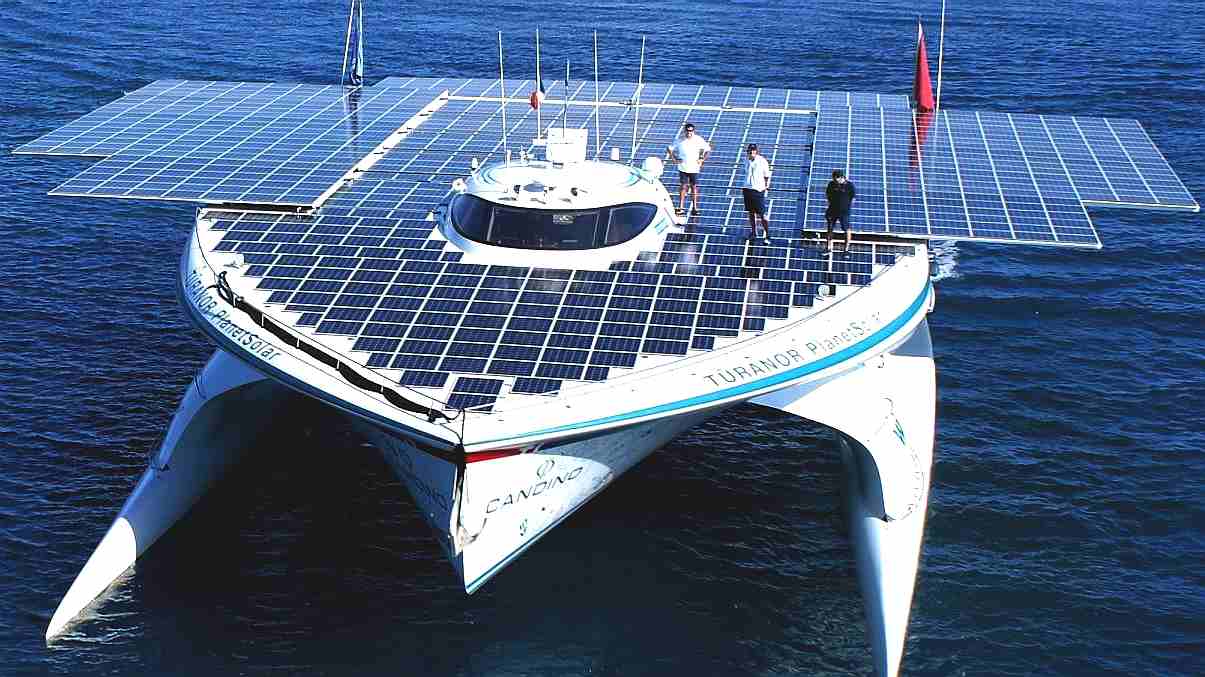|
NERC - NATURAL ENVIRONMENT RESEARCH COUNCIL
Please use our A-Z INDEX to navigate this site or return HOME
|
|
NERC - Is the Natural Environment Research Council a back door brain drain to inventive and truly independent entrepreneurs, with uncomfortably close ties to the military? For sure the objectives look to steal patent-able intellectual property (ideas), to drive (or underpin) an at present unsustainable economy. It remains to be seen if the situation improves.
The NERC appears to be engaged on a recruitment programme, in partnership with One Planet, Innovate UK and Research England.
The Natural Environment Research Council claims to be the UK's largest funder of independent environmental science, training and innovation, delivered through universities and research centres. Though the term "independent" is questionable.
Where does their money come from, and are they, via their virtual monopoly situation, stamping out truly independent "grass-roots" innovation? Is the money they use for funding derived from taxes, and does that make the research public property?
It
is true that we no longer live in a natural world - there is virtually no part of the environment that
humans have left unchanged.
Sadly, that objective flies in the face of encouraging independent entrepreneurs (who are not academics) with genuinely creative ideas, in denial of Article 14 (indirect) discrimination. The NERC creates a situation where those outside of academia are stonewalled. It is a closed club, that tends to suffocate visionaries.
The
NERC claim an alternative vision to ensure the UK maintains its world-leading position in research and innovation.
What that can mean is money for the boys in the academic club, to the
exclusion of all others. A sort of eugenics
programme to exclude those who have not studied conventionally. At the
moment there appears to be no funding for talented individuals outside
of academia. Something the State may want to pay some attention to.
- encourage and support the provision of postgraduate training in environmental science, technology and new ideas
- facilitate, encourage and support environmental research, technology and new ideas
- facilitate, encourage and support the development and exploitation of environmental science, technology and new ideas
- facilitate, encourage and support knowledge exchange in relation to environmental science, technology and new ideas
- collect, disseminate and advance knowledge in environmental science, technology and new ideas
- promote awareness and understanding of environmental science, technology and new ideas
- provide advice on any matter relating to NERC functions
- promote awareness and understanding of NERC activities.
Nowhere in the above is sharing with those outside of academia mentioned, although it is implied. In reality, those outside of learning institutions are effectively stonewalled.
This is an allegation borne of genuine attempts to get at information for independent use. In that regard, it is a pity that the noble objectives cannot be achieved in the view of entrepreneurs wishing to avail themselves of State supported research that is not disseminated, but rather guarded and lacking in transparency, though such research is funded by the taxpayer.
THE MAYFLOWER AUTONOMOUS SHIP
the Mayflower Autonomous Ship (MAS) is scheduled to begin its journey across the Atlantic Ocean at some time in 2021. The launch of the project was to, commemorate the 400th anniversary of the Pilgrim Fathers’ voyage to the new world.
CONTACTS
Natural Environment Research Council 01793 411500
LINKS & REFERENCE
https://nerc.ukri.org/about/whatwedo/vision/ https://research.ncl.ac.uk/one-planet/howtoapply/ https://www.ncl.ac.uk/ https://mas400.com/
|
|
|
Please use our A-Z INDEX to navigate this site or return HOME
This website is Copyright © 2020 Jameson Hunter Ltd
|


